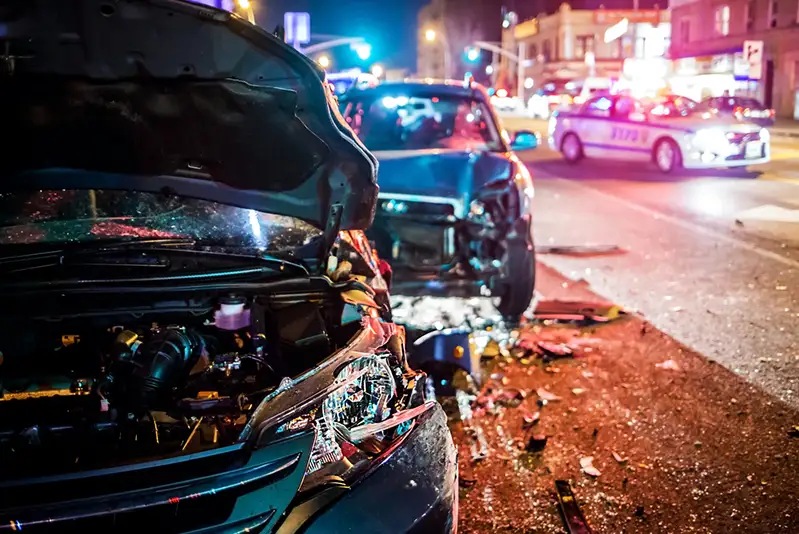Vaping Battery Explosions Can Be Catastrophic
An electronic cigarette or vape battery can be poorly constructed and more prone to failure, or be designed in a way that makes failure highly likely under certain circumstances.
 Most electronic cigarette batteries are lithium-ion (Li-On) batteries, which will catch fire or explode if improperly used. Batteries with internal failures can fail regardless of whether they are handled correctly.
Most electronic cigarette batteries are lithium-ion (Li-On) batteries, which will catch fire or explode if improperly used. Batteries with internal failures can fail regardless of whether they are handled correctly.
Most jurisdictions apply a strict liability model when a manufacturer or retailer places an unsafe product into the stream of commerce. Strict liability means simply that a plaintiff need not prove negligence. Instead, a plaintiff need only prove that the product was defective and placed into the stream of commerce in that defective state and that injuries flowed from that defective product.
While a foreign manufacturer might be a poor target for a lawsuit, the strict liability model allows 100% of the fault to rest upon the local retailer intending for the retailer to indemnify itself from the manufacturer later. The theory here is that the local retailer is in a better position to reach the manufacturer than the injured plaintiff.
Most 18650 batteries and other popular batteries are sold without the additional safety features added to the battery or battery pack that are typical of other consumer products, even those with less power and volatility. Temperature sensors and other small chips that are typically added to ensure an electronic product is safe and does not catch fire or explode are typically absent on many e-cig and vape devices sold today.
Once the battery overheats, whether in the vape or e-cig device, on a charger or outside a device [i.e., in the user’s pocket], it can quickly cause a chain reaction that leads to ignition, explosion or leakage of superheated liquid.
I have successfully assisted clients injured in product liability matters, including lithium-ion battery failure. Please contact my Kansas City-based law office today to learn more.
Frequently Asked Questions
